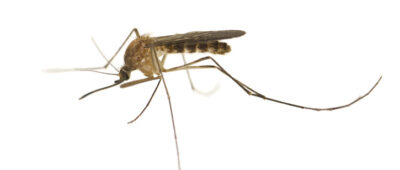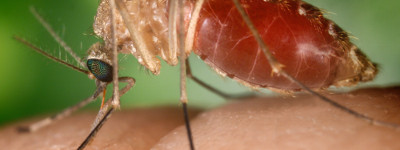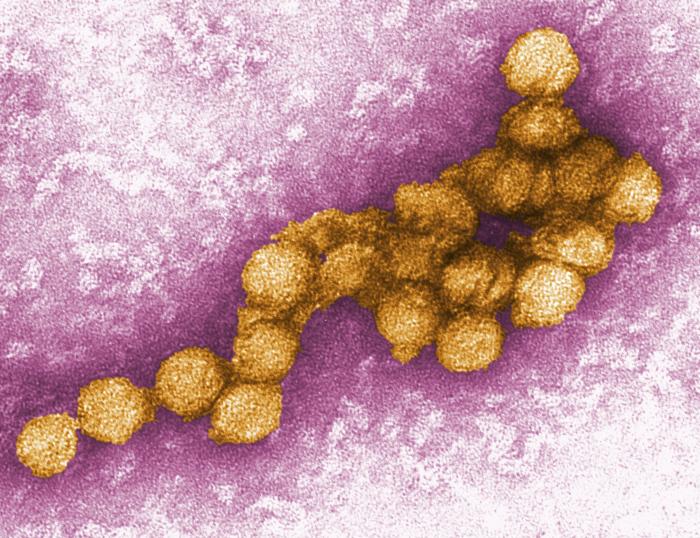Chaffee County Public Health (CCPH) officials have confirmed the county’s first case of illness caused by West Nile virus (WNV) in 2023 in a Chaffee County resident.
 The location of the infected mosquito is unknown, but likely in the Arkansas River Valley. Counties surrounding Chaffee County have also had confirmed cases of West Nile virus. Another suspected case of West Nile virus has been reported to CCPH this week.
The location of the infected mosquito is unknown, but likely in the Arkansas River Valley. Counties surrounding Chaffee County have also had confirmed cases of West Nile virus. Another suspected case of West Nile virus has been reported to CCPH this week.
“While this is the first reported case of West Nile Virus in a Chaffee County resident this year, we knew it was only a matter of time before this happened as we see new trends in vectors with climate and environmental changes. It is important for people to be aware that the mosquitoes here in Chaffee County can carry illness and residents should take precautions to prevent mosquito bites,” said Chaffee County Public Health Director Andrea Carlstrom.
West Nile virus has no vaccine or medications available

A Culex pipiens mosquito. This species of mosquito is important in the West Nile Virus transmission cycle. Image courtesy CDC
According to CCPH, West Nile virus (WNV) is the leading cause of mosquito-borne disease in the continental United States and has been regularly reported in Colorado since 2002. The risk to humans occurs primarily from June through early September when mosquitoes are most active. There are no vaccines to prevent, or medications to treat WNV in people.
Fortunately, most people infected with WNV do not feel sick. About 1 in 5 people who are infected develop a fever and other symptoms such as headache, body aches, joint pains, vomiting, diarrhea, or rash. Most people with febrile illness (fever) due to West Nile virus recover completely, but fatigue and weakness can last for weeks or months. About 1 in 150 people who are infected develop a severe illness affecting the central nervous system such as encephalitis (inflammation of the brain) or meningitis (inflammation of the membranes that surround the brain and spinal cord).
If you think you or a family member might have West Nile virus disease, talk with your healthcare provider.
Reducing your risk of WNV

Protecting workers from mosquito bites can prevent diseases like West Nile Virus. Mosquito image courtesy National Institute for Occupational Safety and Health (NIOSH)
You can reduce your risk of WNV by using insect repellents when you go outdoors. Repellents containing DEET, picaridin, IR3535, and some oil of lemon eucalyptus, as well as para-menthane-diol products provide the best protection.
When used as directed, EPA-registered insect repellents are proven safe and effective. Always follow manufacturer instructions and do not use products containing oil of lemon eucalyptus (OLE) or para-menthane-diol (PMD) on children under 3 years old.
Other tips to protect yourself and your children include:
- Dress in clothing that covers arms and legs, such as loose-fitting long-sleeved shirts and pants.
- Cover strollers and baby carriers with mosquito netting.
- Limit outdoor activities at dusk and dawn. That is when mosquitoes that carry West Nile virus are out.
Improve your environment
Take steps to control mosquitoes indoors and outdoors:
- Use screens on windows and doors. Repair holes in screens to keep mosquitoes outdoors.
- Use air conditioning, if available.
- Stop mosquitoes from laying eggs in or near water.
- Once a week, empty and scrub, turn over, cover, or throw out items that hold water, such as tires, buckets, planters, toys, pools, birdbaths, flowerpots, or trash containers.
- Check for water-holding containers both indoors and outdoors.
Featured image: A digitally-colorized transmission electron microscopic (TEM) image of the West Nile virus (WNV). Courtesy CDC






Recent Comments